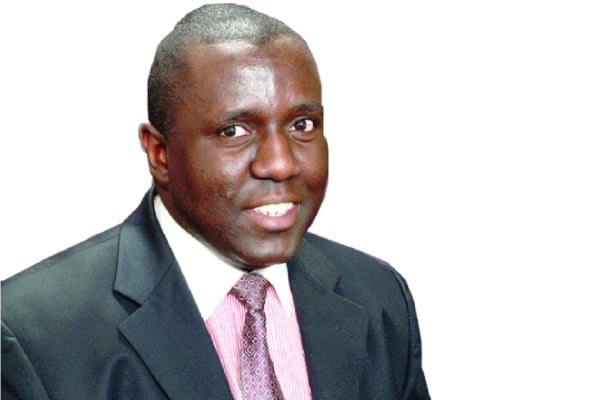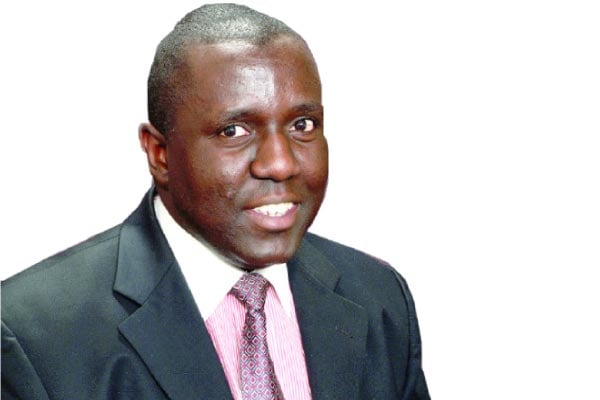Prime
Is Mulago, the death trap that the IGG believes it is?

What you need to know:
- The lack of a national hospital inspectors has kept patients dying of heart attacks in sick bays – before the corpse is relayed to Mulago on life support to obscure statistics.
The Inspector General of Government has “killed” the internet with an audio-visual recording exhorting staff of the National Medical Stores to fight corruption as they, not herself and the General of the National Medical Stores are likely to be victims of corruption.
She stated that if there is corruption in Mulago, she and her colleague would matter of factly not be affected as they are likely to be airlifted or in civil service parlance, medical boarded for treatment abroad by the president.
The medical board is an institution of the civil service that pays for treatment abroad of entitled persons in the public service.
The medical board at times is criticized for abuse of power where public servants who could be treated locally demur and prefer foreign travel, lavished with per diem etc.
I have used Mulago Hospital recently, and returned again recently on a fact-finding mission.
It appears the criticism of recent years may have changed a few things recently.
First surprise, and this may sound elementary, the elevators were working!
Everywhere I went, the elevators, unlike just a few months ago in December, were all working.
Elevators in Mulago are not just for convenient transport, they are necessary to transport patients and if the inevitable happens, transport dead bodies to the mortuaries.
In December, I was horrified in the waiting areas at the main surgical theater that the elevators had broken down and just operated on patients, and their beds were being lifted by nurses on the stairs to return them to the wards.
At the Cancer Institute, the elevator was out of service.
The six-level cancer center has patients who are transported daily for different treatments in the oncology-radiation unit, the radiology center in Main Mulago and other treatment centers, but was functioning without an elevator.
Of course the functioning of the elevator is a sideshow to the shortage of critical consumables, blood supplies, that dog everyday existence in Mulago.
But Mulago has something most of the other private medical providers lack, manning.
Even the pathology unit that studies causes of death is an operation in itself, cadavers resting on gurneys for the final opinion on the cause of death.
Some areas could do with a little more care, like the Heart Institute that has lost most of its senior staff to the private sector.
I am told, cameras are not allowed in the trauma center where the boda-boda movie keeps on playing day after day outside the public eye.
The Women’s Hospital again has acceptable service. Someone can now easily be born, seek care inside Mulago and expire in Mulago.
Mulago’s lack of funding is a cancer in itself, inside the government, the sense of entitlement that the IGG miraculously relayed to her shocked audience.
Even when the leaders come to Mulago, they overwhelm the system, impatient at small delays in being “seen”.
Often doctors in Mulago under pressure are “forced” to flag off patients abroad that would otherwise be heading for hospice or palliative care as if the preference of the powers that be, is to die abroad then be repatriated home.
The challenge of Mulago is that the other providers (state and private) have not been able to catch up in terms of equipment and resources needed to supplement Mulago.
Mulago ends up being both a primary care and specialized care provider.
The reality is that for chronic illnesses, a patient is better off in Mulago than the private city hospitals whose lack of equipment, thin human resources makes them real death traps.
The lack of a national hospital inspectors has kept patients dying of heart attacks in sick bays – before the corpse is relayed to Mulago on life support to obscure statistics.
Often the waiting bays at Mulago are congested by referrals for diagnostic services or even emergency services.
I think the IGG needs a guided tour of Mulago before all our hair falls out of our heads due to fright when the gates of Mulago open and close.
Mr Karoli Ssemogerere is an Attorney-At-Law and an Advocate. [email protected]



